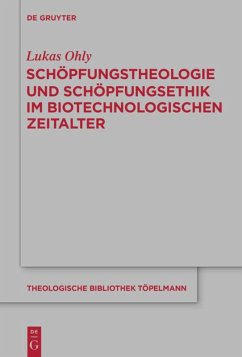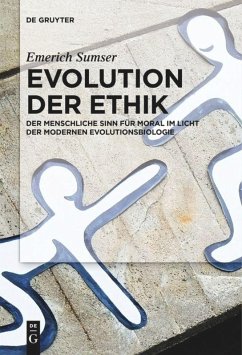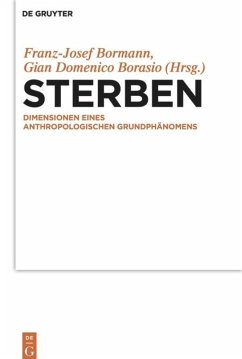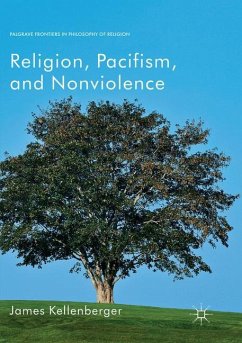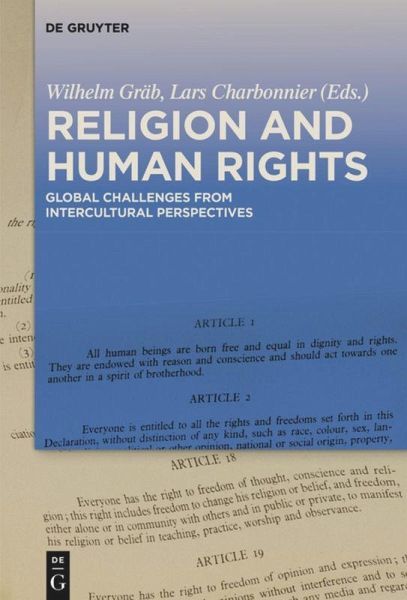
Religion and Human Rights
Global Challenges from Intercultural Perspectives
Herausgegeben: Gräb, Wilhelm; Charbonnier, Lars
Versandkostenfrei!
Versandfertig in 6-10 Tagen
53,99 €
inkl. MwSt.

PAYBACK Punkte
27 °P sammeln!
Current processes of globalization are challenging Human Rights and the attempts to institutionalize them in many ways. The question of the connection between religion and human rights is a crucial point here. The genealogy of the Human Rights is still a point of controversies in the academic discussion. Nevertheless, there is consensus that the Christian tradition - especially the doctrine that each human being is an image of God - played an important role within the emergence of the codification of the Human Rights in the period of enlightenment. It is also obvious that the struggle against ...
Current processes of globalization are challenging Human Rights and the attempts to institutionalize them in many ways. The question of the connection between religion and human rights is a crucial point here. The genealogy of the Human Rights is still a point of controversies in the academic discussion. Nevertheless, there is consensus that the Christian tradition - especially the doctrine that each human being is an image of God - played an important role within the emergence of the codification of the Human Rights in the period of enlightenment. It is also obvious that the struggle against the politics of apartheid in South Africa was strongly supported by initiatives of churchy and other religious groups referring to the Human Rights. Christian churches and other religious groups do still play an important role in the post-apartheid South Africa. They have a public voice concerning all the challenges with which the multiethnic and economically still deeply divided South African society is faced with. The reflections on these questions in the collected lectures and essays of this volume derive from an academic discourse between German and South African scholars that took place within the German-South African Year of Science 2012/13.



